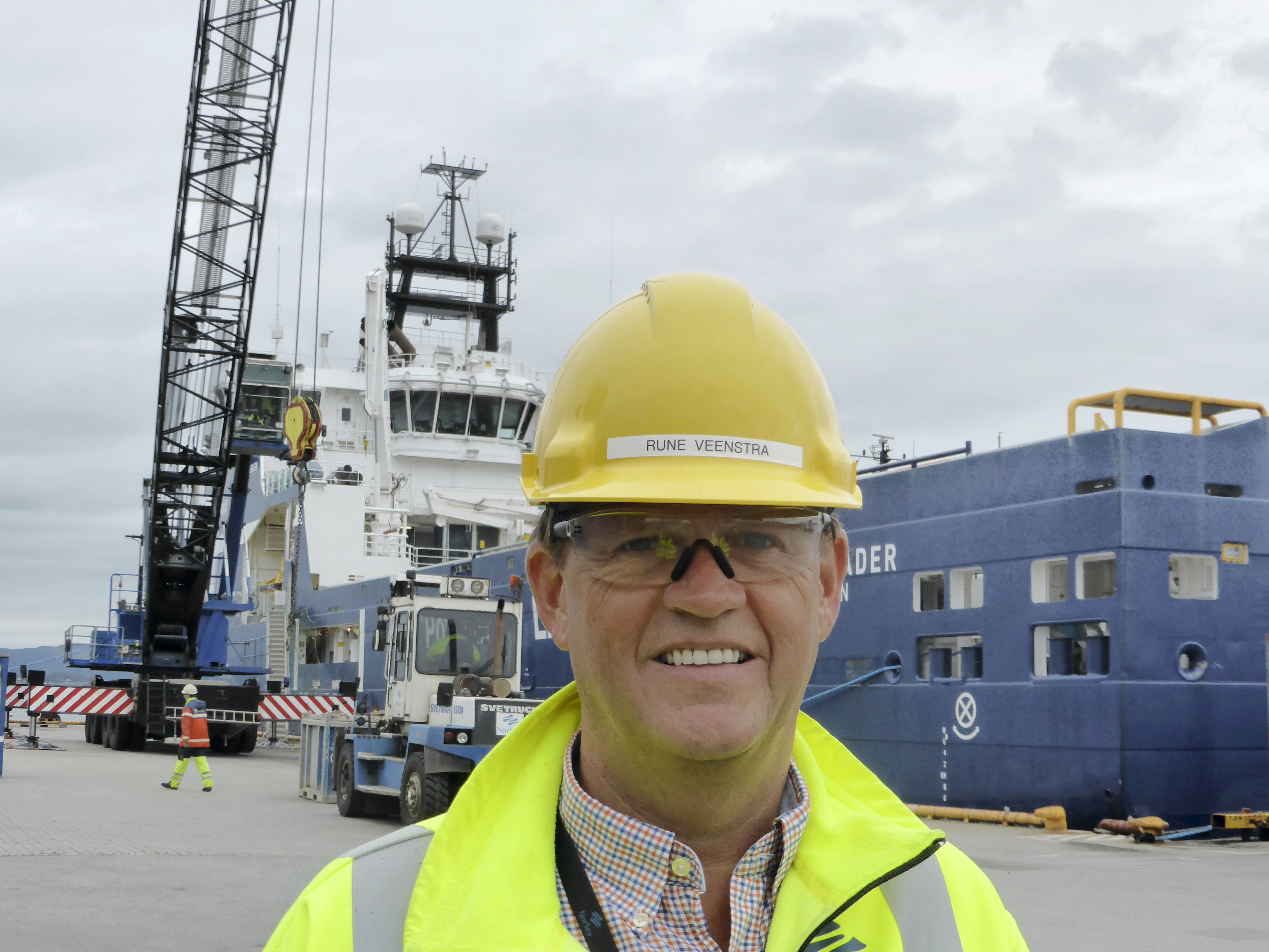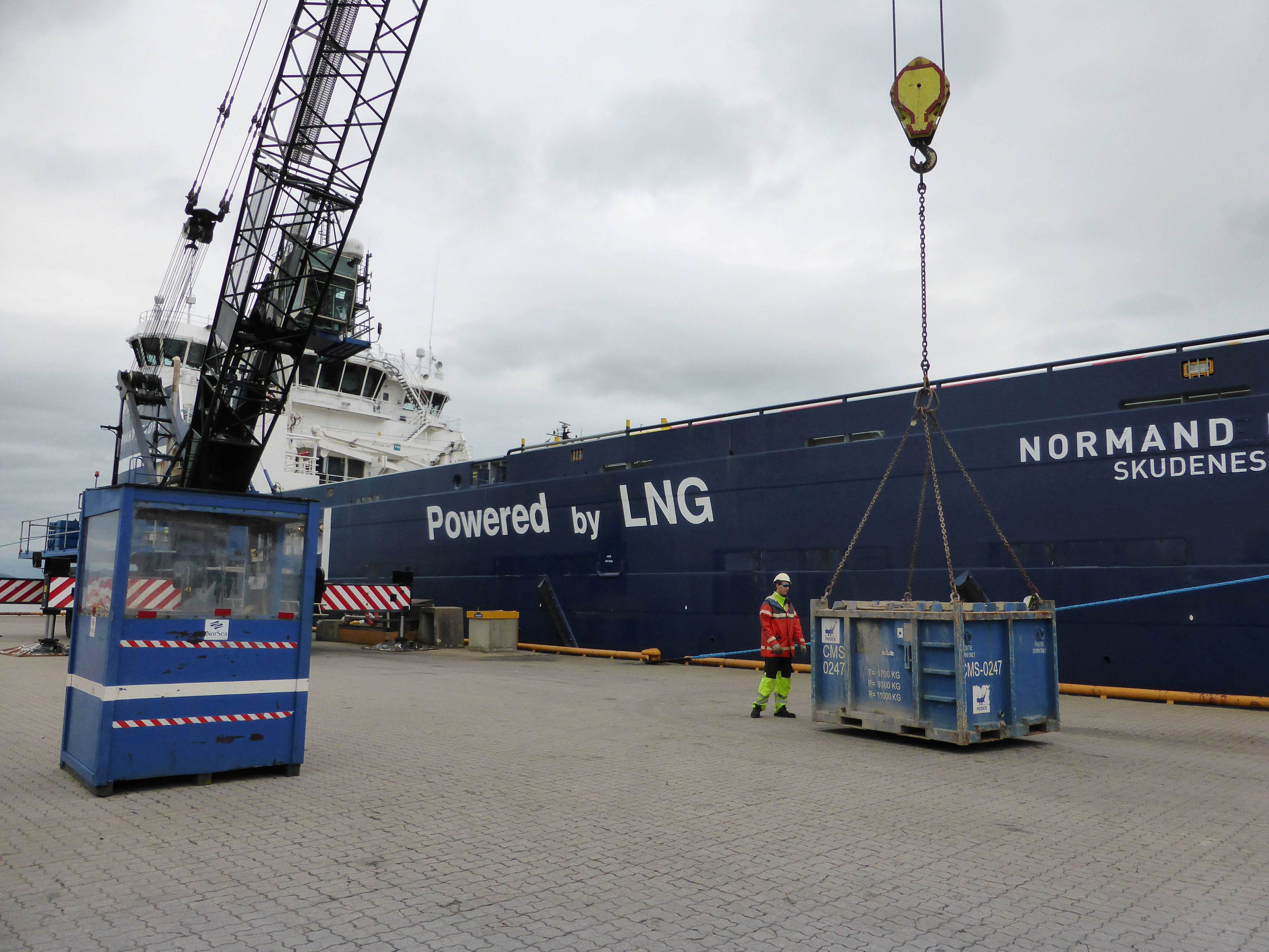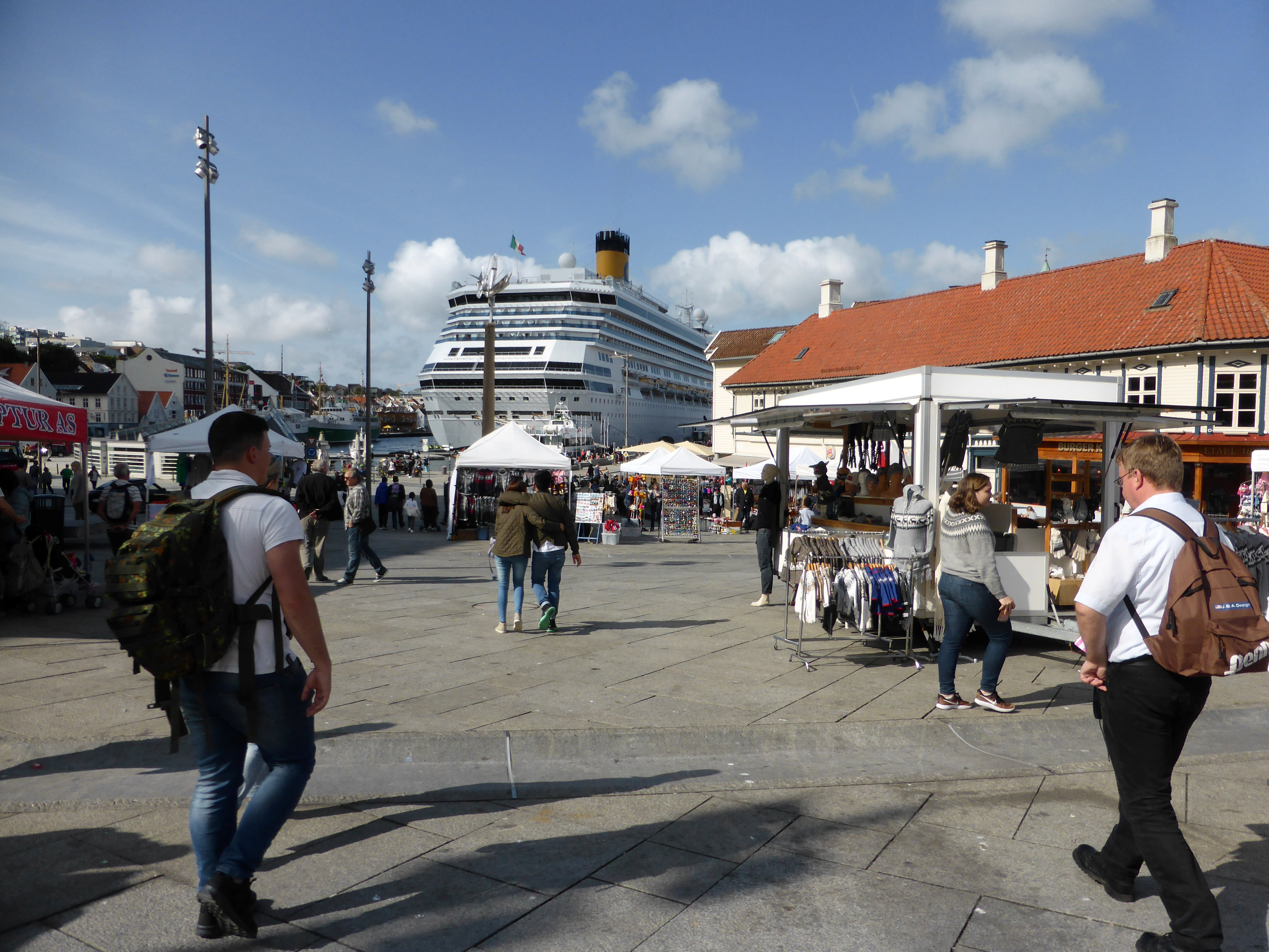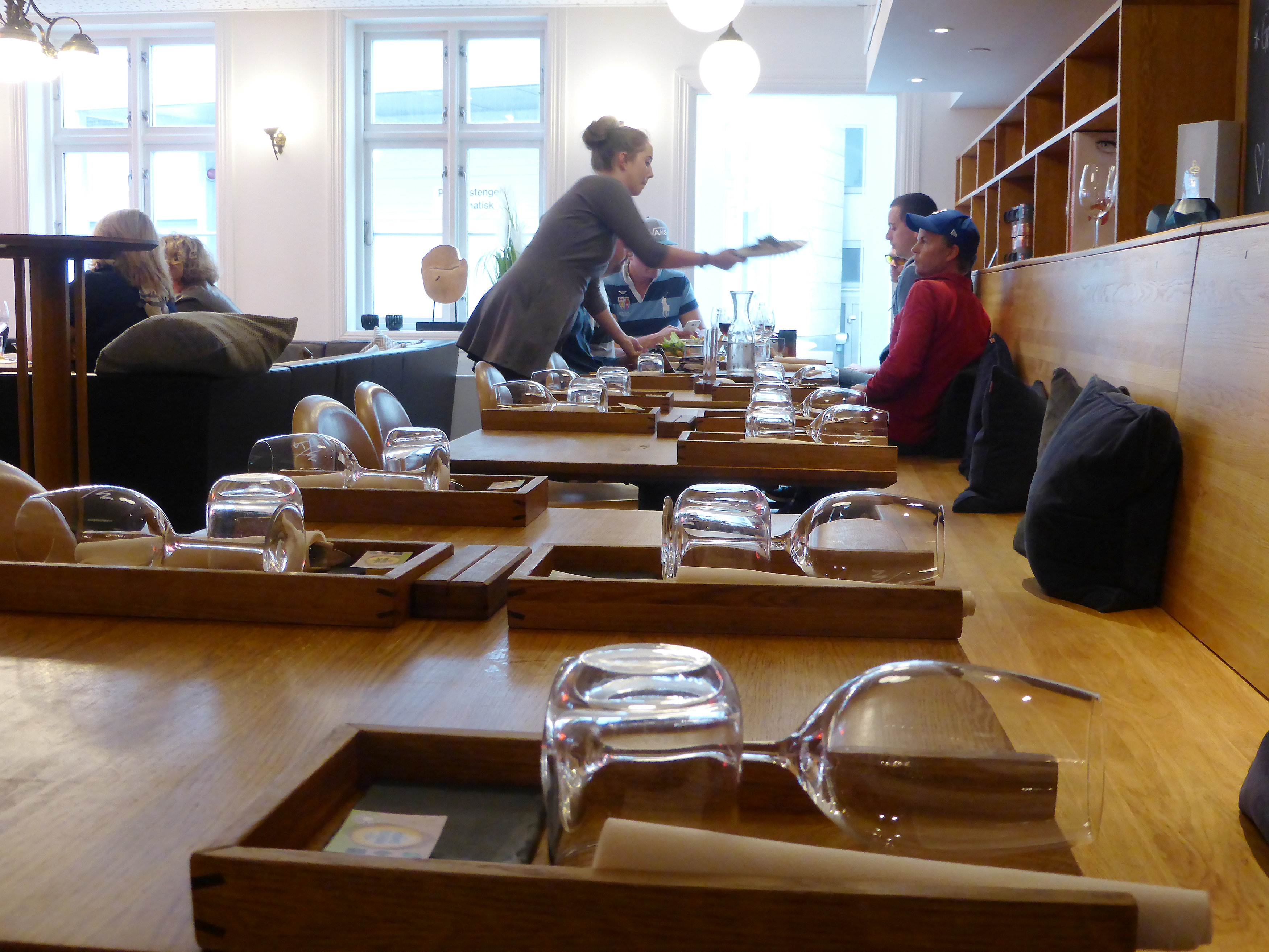Future of oil takes center stage in Norwegian election
STAVANGER, Norway — The future of Norway’s oil sector is emerging as a key issue for voters in a Sept. 11 parliamentary election, nowhere more so than in the oil capital of Stavanger.
The right-wing bloc of Conservative Prime Minister Erna Solberg is neck-and-neck in opinion polls with an opposition grouping led by Jonas Gahr Stoere’s Labour.
Should neither secure a majority, the smaller Green party – which pledges to stop oil exploration and phase out production within 15 years – could become kingmakers.
[Norway’s anti-oil Green Party could hold key to election outcome: DN poll]
There is little chance of the Greens being able to call time on Norway’s number one industry, which all major parties back to the hilt, and which accounts for half of national exports and employs over 180,000 people.
But they have been gradually gathering support over the past four years and are polling at about 5 percent of the vote, underlining changes in Norwegian society and divisions over the future of oil.
Should they hold the balance of power, they could seek to force compromises to trim the oil industry’s ambitions, with environmentalists in recent months focusing on the need to limit oil companies’ expansion in the Arctic.

The Norwegian oil sector is still in recovery mode after thousands of local jobs were lost when crude prices crashed between 2014 and 2016. So the risk of any curbing of its prospects is high in people’s minds in Stavanger, a windswept west coast city set among fjords.
“If you were to just close down this industry, what are we supposed to live off? This is a big question for many,” said Egil Ellingsen, 38, a Lutheran pastor who said he had counseled many people in the area who had lost their jobs.
Ellingsen organized a public debate at his church last weekend with local parliamentary candidates, attended by about 800 people.
The subject of jobs – how to create them, how people would survive if the oil industry declined – surfaced regularly during the debate.
At one point Ellingsen asked the local Green candidate: “Can you give me concrete examples of what jobs people could do if oil stops?”
The candidate cited the offshore wind industry and the forestry and fisheries sectors as examples.
‘WE NEED CLEAR DIRECTION’
Such assurances are not assuaging the concerns of workers at Dusavik port, outside Stavanger, which Total, ExxonMobil and Statoil use to ship equipment to their platforms in the North Sea.
On a cloudy morning, staff are unloading drilling fluid from the Normand Leader ship just back from the Johan Sverdrup oil and gas field, which Norwegian state-controlled Statoil and its partners are developing offshore.
Production at the giant field – up to 3.3 billion barrels of oil – is due to start in 2019 but it is already keeping the harbor busy.
After Johan Sverdrup was discovered in 2010, the port’s operator, NorSea Group, invested 220 million crowns ($28.53 million) in its infrastructure to accommodate increased activity.
[Big Oil’s dream of $65 billion hidden off Norway is fading away]
Even as crude prices plunged, it kept all its 150 full-time employees at Dusavik, but let go the 20-30 workers who were on temporary contracts at Dusavik and its sister port in nearby Tananger.
Rune Veenstra, the port’s managing director, said the election campaign was sending out conflicting signals and creating uncertainty. What his company needed more than anything was clarity and predictability so that it can make long-term investments, he added.
“If we can’t have a clear direction, it is no good for anyone,” Veenstra told Reuters.
ECONOMY ON THE MEND
The main parties say they will not give ground to the Greens or any other group seeking to curb Norway’s oil sector, which is pivotal to a national economy that is turning a corner after a couple of slow years.
In the first half of 2017, the economy grew more than expected and reached 0.7 percent in the second quarter, data from Statistics Norway showed on Aug. 24.
The current government coalition, the center-right Conservatives and the populist Progress Party, claim credit for the turnaround. Their approach has been to cut taxes on businesses and individuals and plug the gap thanks to Norway’s near-$1 trillion sovereign wealth fund.
“This is a sign that the economic policy that the government has been running over the last years has been (right),” Health Minister Bent Hoeie, a Conservative, told Reuters.
That view is shared among some voters, such as 47-year-old Finn, a former oil worker who says he will vote for the Conservatives.
When Reuters met him in October 2015, Finn had just been laid off and was looking for work. He is now employed by a state agency working for the Norwegian armed forces.
“I am interested in schools and creating workplace opportunities … the Conservatives have a better programme,” he said. He declined to give his full name.

But Labour, which was in government in 2005-2013, is emphasizing that, even though the economy is on the up, there are still challenges to address if the country wants to finance its cradle-to-grave welfare state in the future.
“We have to make sure that more of those who are outside (the job market) get an opportunity to have a job in the future,” Hadia Tajik, Labour’s deputy leader, told Reuters.
Many Labour supporters told Reuters they would vote for the party because it was best at delivering good public services, such as schools and hospitals.
“When Labour was in power, the schools, the hospitals, everything was good. Now it is not,” said Atif Nisar, a 39-year-old taxi driver. “My whole family has decided, we are all voting Labour.”
Additional reporting by Terje Solsvik in Oslo.



